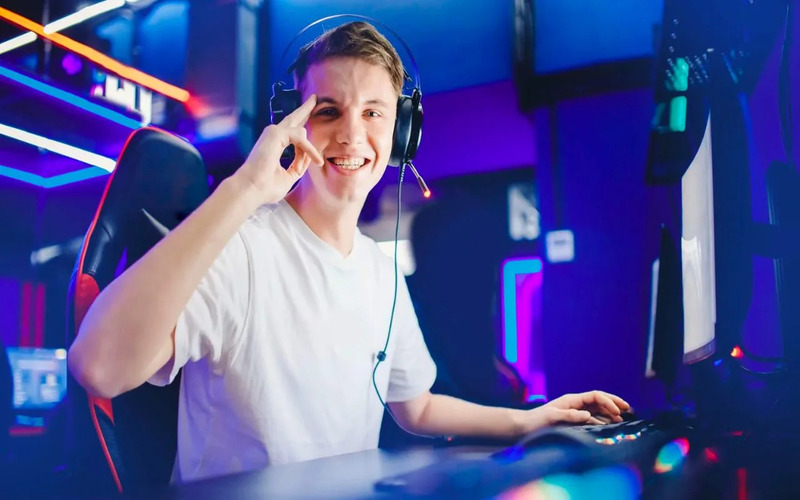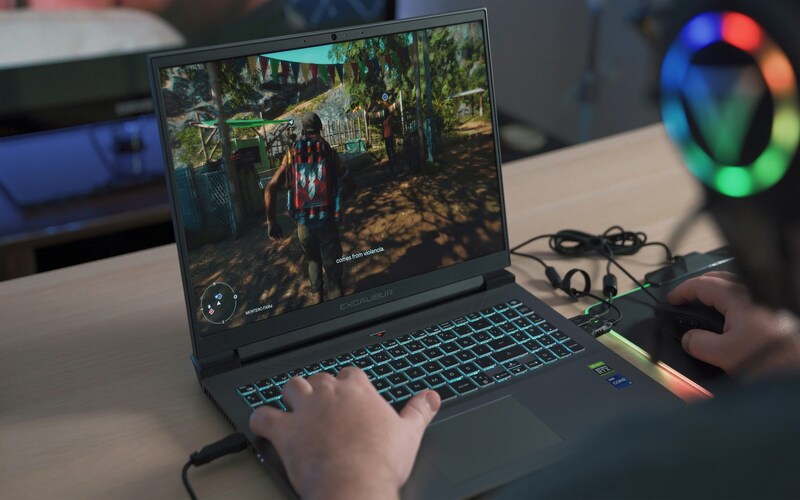
Reasons Why Indonesian Game Translation Results Are Often Wrong
In the gaming industry, accurate and quality translations are essential to ensuring a satisfying gaming experience for players. However, the results of Indonesian game translations often do not match the expectations. There are several factors that cause inadequate game translation results, ranging from a lack of understanding of the context to time and budget limitations. This article will discuss the main reasons why Indonesian game translation often produces incorrect translations and how to overcome them.
1. Lack of Understanding of Context

One of the main causes of errors in game translation is a lack of understanding of context. Games are complex media with many interrelated elements, such as story, characters, dialogue, and gameplay. Without a deep understanding of this context, translators will have difficulty producing accurate and natural translations.
When translators are only given text without visual context or additional information about the characters and story, the resulting translation often feels stiff and doesn't fit the situation in the game. Therefore, it is very important for translators to have full access to the game and relevant information so that they can understand the context and produce better translations.
Read More: Indonesia's Gaming Industry: The Importance of Localization for International Developers
2. Overuse of Machine Translation
In recent years, the use of machine translation has become increasingly popular in the game translation industry. Although this technology can help speed up the translation process, the results are often less accurate and require a lot of editing. Machine translations lack the cultural and contextual understanding necessary to produce natural and appropriate translations.
Machine translation often produces text that feels clunky and unnatural. Idioms or special expressions in the source language are often translated literally, resulting in confusion for players. While machine translation can be used as a helping tool, the results should always be checked and edited by an experienced human translator.
3. Lack of Experienced Translators in the Games Industry
Indonesian game translation requires special skills that not all translators have. Translators must have a deep understanding of game terms, game mechanics, and player culture. Many translators involved in game translation projects have no experience or interest in the game industry. Translators who are highly skilled in English and Indonesian but lack an understanding of game-specific terms often produce translations that feel strange and do not match the terminology that players are used to. To overcome this problem, it is important to choose translators who have a background and interest in the world of gaming, as well as provide adequate training on relevant terms and concepts.
4. Time and Budget Limitations
As with any project, time and budget constraints are often obstacles to producing a quality game translation. In many cases, translators are given very tight deadlines and limited budgets, resulting in a lack of time to check and edit the resulting translation. Rushing the translation process often results in errors and a lack of consistency. Therefore, it is important for game developers to provide translators with enough time and budget to do their job well. This includes time for testing and feedback, which is critical to ensuring translation quality.
5. Lack of Testing and Feedback
Testing and feedback are important steps in the game translation process, but they are often overlooked. Without adequate testing, errors in translation can be missed and only discovered after the game is released. This can result in a bad gaming experience for players and damage the game's reputation.
Translation testing can be done by players who have English and Indonesian language skills. They can provide feedback on whether the translation feels natural and fits the context. By involving players in the testing process, errors in translation can be detected and corrected before the game is released.
6. Cultural Differences and Language Nuances
Game translation is not just about replacing words from one language with another but also about transferring nuances and culture. Cultural differences between the source language and the target language can be a big challenge in translation games. Translators must be able to adapt texts to local culture without losing the essence of the story and characters. Some references to American popular culture may not be widely known in Indonesia, so translators must look for relevant equivalents in Indonesian culture or add additional explanations. This requires a deep understanding of both cultures and the ability to adapt.
7. Errors in Understanding Terminology
Games have special terminology that is not always easy to translate. Mistakes in understanding and translating these terms can result in confusion for players. Terms in RPG (role-playing game) games such as "buff," "debuff," or "cooldown" have specific meanings that must be properly understood by the translator. Misusing these terms can result in confusion and frustration for players. To avoid these problems, it is important for translators to have a good understanding of game terminology and ensure consistency in their use throughout the text.
8. Short Deadlines
For some people, a short deadline should not be an excuse. Must be professional, whatever the circumstances. Must provide the best results. This opinion is not wrong. But in the context of translation, even a very experienced translator has reasonable capacity and size. It's impossible to finish 10,000 words in a day unless 6,000 to 9,000 of them are repetitions. A short deadline has the potential to reduce the translator's attention to small things because the important thing is not to miss the deadline. So the translation results are less than perfect.
Indonesian game translation results that are often incorrect can be caused by various factors, including a lack of understanding of context, overuse of machine translation, lack of experience of translators in the games industry, time and budget constraints, lack of testing and feedback, cultural differences, and errors in understanding terminology. To produce quality game translations, it is important for translators and game developers to work closely together, devote sufficient time and resources, and always maintain effective communication.
Entrusting Indonesian game translations requires careful attention and consideration. Choosing competent and experienced translators, maintaining effective communication, and conducting testing and getting feedback are three important things that must be considered in the game translation process. By paying attention to these three things, game developers can ensure that the translation results are of high quality and meet expectations.
Additionally, it is important to remember that the quality of the translation also impacts the reputation of the game and its developer. A bad translation can damage a game's image and reduce player interest, while a good translation can increase player satisfaction and loyalty. Therefore, investing in a quality translation process is a strategic step that should not be overlooked.
By continually learning and adapting from project to project, game developers and translators can continually improve their skills and produce increasingly better translations. Strong collaboration between the two parties, as well as a commitment to continuously improving quality, will bring positive results for all parties involved, especially the players who are the main audience for each game. In this way, each translated game can provide a satisfying and meaningful experience for players around the world.
If you are looking for game localization services, Digital Trans Asia is the most appropriate choice. Here, we will provide services according to your needs, especially for game localization. We will help you expand the game market that you are developing globally and internationally. Please consult with us to learn more.